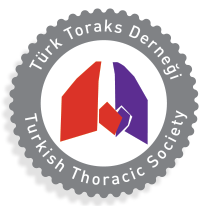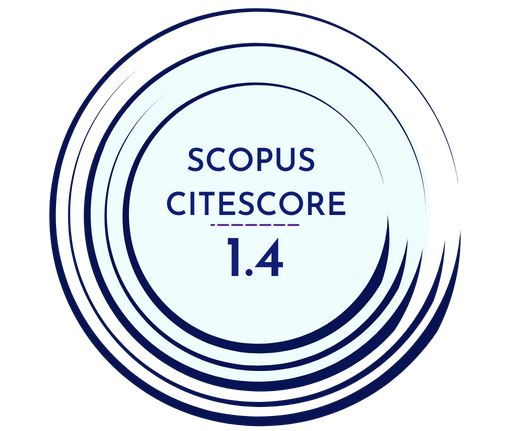Biological lung volume reduction (BioLVR) is a novel and low-cost endobronchial treatment method aimed at reducing the volume of the target lung lobe using biological agents, including fibrin-based hydrogel, fibrinogen, and autologous blood (AB) with thrombin. BioLVR induces local inflammation, resulting in acute airway obstruction, resorption atelectasis, fibrosis, and finally tissue remodeling by contraction of the target lobe and reduction in the lung volume, similar to the application of hot water vapor and foam. In addition, patients with severe impairment in lung function and quality of life may refuses to undergo surgery, resulting in limited treatment options. In such complex clinical scenarios, BioLVR with AB appears to be a good therapeutic option. These treatment modalities resulted in favorable outcomes in patients with heterogeneous and bullous emphysema, pulmonary lymphangioleiomyomatosis, and giant bullous lesions. AB applications result in functional improvement, improvement in the quality of life, decrease in dyspnea scores, and reduction in the size of bullae. Based on the available evidence, application of AB for lung volume reduction is minimally invasive and well tolerated by patients. There was no incidence of pneumothorax or mortality. This review aimed to investigate the benefits, complications, and future perspectives of AB application as BioLVR in the treatment of hyperinflated lung diseases.
Cite this article as: Gülşen A. Endoscopic lung volume reduction with autologous blood: What is the evidence? Turk Thorac J 2021; 22(1): 67-74.



.png)
